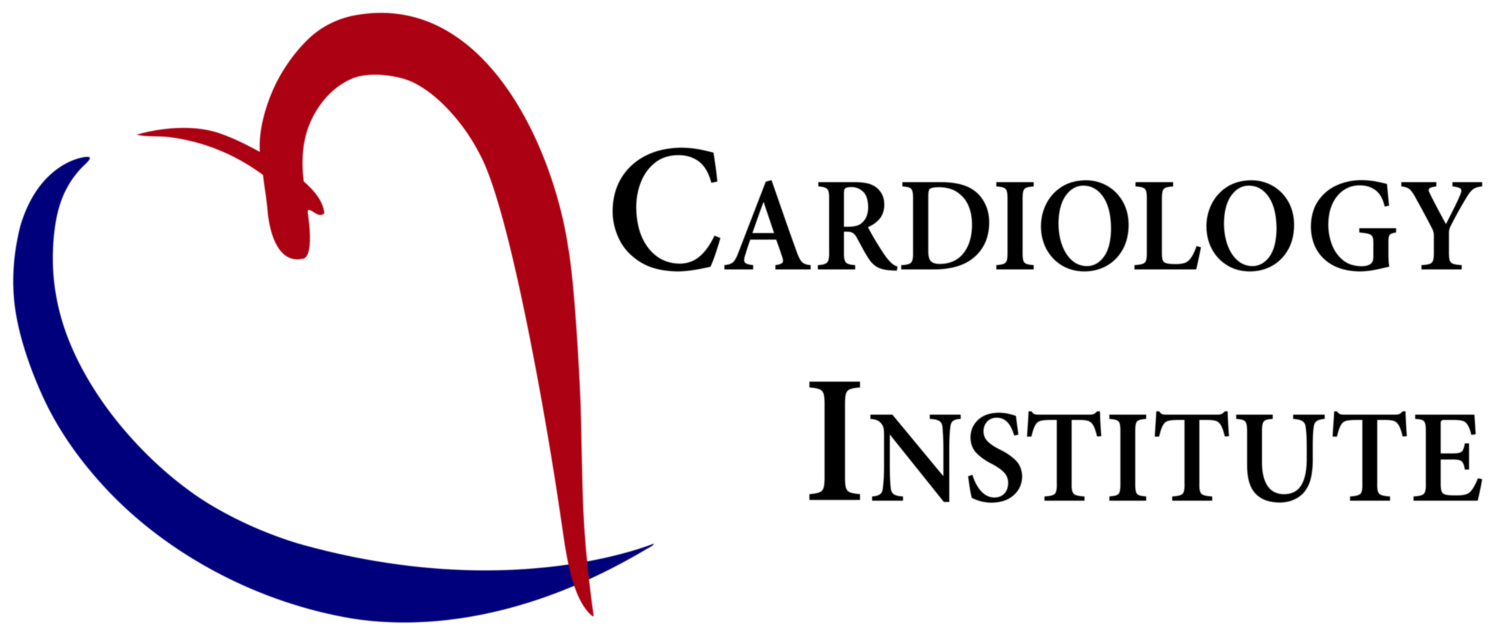Scenario
65M presented for a general health check, asymptomatic on systems enquiries. BP was 150/90mmHg with no other abnormalities. You decided to send him for an ambulatory blood pressure monitor to establish if more aggressive intervention is necessary. The report states that he is not a nocturnal dipper. His average diurnal BP was 145/85mmHg. Would medications be necessary? Is there anything else we should consider?
Discussion
Nocturnal dipping is defined by a fall in BP of >10% of daytime values. This is a normal phenomenon in normotensive subjects.
Non-dippers are indicators of increased risks. Night BPs have been found to be stronger predictor than day BPs of adverse cardiovascular events. Higher cardiovascular events were seen in those with lesser drop in nocturnal BP.
Hence, in the above case, the mildly elevated BP in combination the lack of nocturnal dipping means that more aggressive management is needed. Whether drug therapy is necessary would depend on the success of lifestyle modifications.
It is useful to consider some of the conditions associated with nocturnal hypertension.
– Sleep disturbance
– Obstructive sleep apnoea
– Obesity
– High salt intake in salt sensitive subjects
– Orthostatic hypotension
– Autonomic dysfunction
– Chronic kidney disease, diabetic neuropathy
– Old age
Some of these are reversible and could be managed. The most important and most commonly missed condition amongst these is obstructive sleep apnoea. In the above case, it would be useful to take a sleep history and complete an Epworth Sleepiness Scale to consider if sleep study might be necessary.
Author: Andrew To

